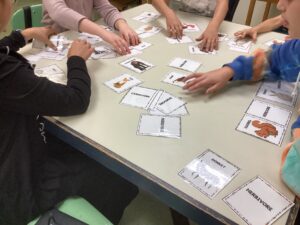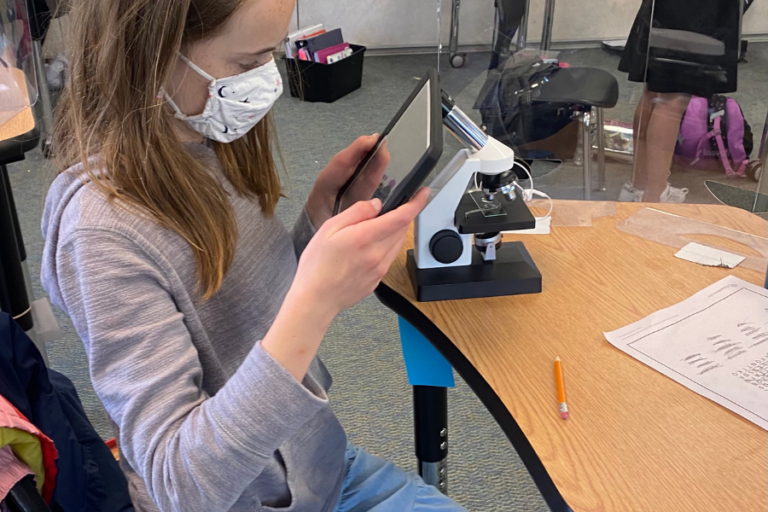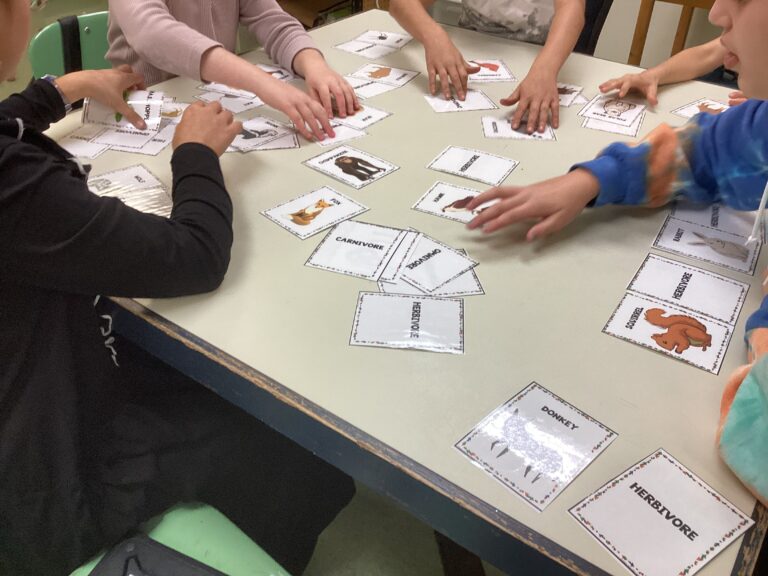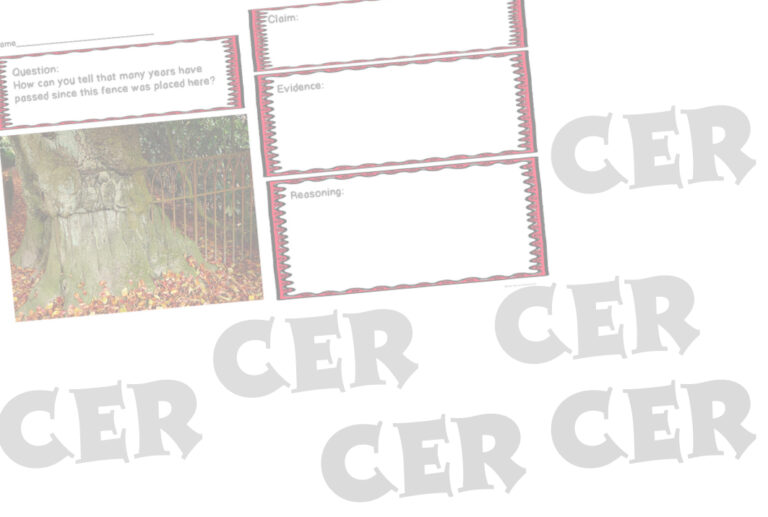How to Have a Positive Relationship with Parents
Keeping a positive relationship with parents of your students is probably the most difficult part of teaching. One upset parent can cause you to have unnecessary anxiety and stress and make it difficult to focus on your class.

How to Have a Positive Relationship with Parents
Updated Feb, 2024
After teaching for over 35 years, and dealing with every type of parent, I’ll try to give you some tips on how I keep my sanity.
Your difficult goal is to keep smooth relationships for the entire school year while maintaining your dignity, professionalism, and personal boundaries. This is not so easy!
If you have been teaching any length of time you WILL encounter a disgruntled parent along the way. Some have triggers that make no sense to us but still need to be addressed.
During my earlier years of teaching, I had my share of parent encounters. I’ve had parents scream at me in the supermarket, throw a book at me during parent conferences, write nasty emails, post on Facebook with other parents, and so on and so on. The “mama bear“ comes out in many parents and they may struggle with self regulation.
You, as the professional, need to keep your face calm and emotion free, squash down your desire to get right back in their face during insults, and turn the conversation into one that is productive. This is seriously hard but doable.
So what can you do to try to avoid encounters and have a positive relationship with parents?
Prioritize Open and Transparent Communication
It took me a long time to realize that sending emails about major assignments and projects, with all of the requirements, BEFORE students start working makes a HUGE difference! That extra bit of information can calm a situation rather than having a panicked student trying to explain the requirements to the parent the night before it is due.
Jump on the school website to notify parents about a test one week before you give it. I have a rule in my classroom that I MUST give students and parents one week’s notice before any unit test. If I don’t, I will move the test. I tell the parents and students this at the beginning of the school year. They respect that I stick by this.
If an email from a parent comes in, I try to address it within 24 hours. On the other hand, if it comes in the evening, I will wait until the morning. Be careful not to engage in too much back and forth. Some parents can treat email like texting if you respond too quickly or too often.
Stay on top of any behavior or academic issues and send that information home to the parents. You may feel that you are being annoying, but it provides a “paper trail” and keeps parents from coming in and saying “no one ever told me that there was a problem”.
Approach Interactions with Empathy and Understanding
When I first started teaching, I was 22 years old, and I had NO IDEA how hectic a household of children could be for parents. I would assign crazy, big projects that involved purchasing materials. Plus, my deadlines were way too short. I had no realistic frame of reference because I lived alone quietly in my first apartment! I will admit that I wasn’t too patient with the “I couldn’t get out to get poster board” letters from frazzled parents.
Fast forward to being married with my own child and, WOW, did my perspective change! There were ALWAYS things coming up. Soon after that, I wasn’t fond of my daughter’s teachers asking ME to spend money on projects. I made a 360° turnaround.
Now, I assign only things that involve recyclable materials and I put a good part of the projects into my CLASS TIME rather than at home. I tell the parents this at Back to School night which really makes them appreciative. They realize that I really DO understand.
Set Clear Boundaries And Expectations
This is a hard one. Especially in this “instant contact” age where an unanswered email or text seems like an insult. I explain at Back to School night, plus in writing, that my working email hours don’t include the evenings. This does help tremendously for the most part.
Mind you, not all parents will respect the hours. Having it in writing, before the parents come to you with a “I emailed you four times last night and you didn’t respond!”, makes a big difference.
I’ve had parents ask for my cell phone number so they can text me any questions. That’s a hard NO. Plus, once you give it to one parent, they may easily pass it along to others! It is important that the administration and front office also know to not give out teacher’s cell phone numbers.
That being said, make sure you carve time into your work day to take calls or respond to emails.
You may also get parent requests for following on Facebook, Instagram or LinkedIn. I will never accept any requests, even after the students have been out of my classroom. Be careful with your privacy settings on social media because the students and parents WILL find you.
My eighth grade students came into class one day all excited to brag that they found me on TikTok. They thought I would get all upset. My response was “Great, but you’ll be bored, it’s just my teacher’s business”. This took the wind out of their sails. It did make me extra thoughtful about EVERYTHING I post though.
It is a part of being any professional, but unfortunately worse for teachers, that your social media needs to be thought out before posting
Focus on Solutions and Collaboration
An upset parent is usually mad at their child, but they will take it out on you. How you respond to that will make a very large difference in your future relationship with that parent. Try to redirect that anger into a working plan.
I tell them that “Mommy or (Daddy) power” is very useful to both of us. I promise to keep the communication open and report any step out of line from the student. This way you give the parent the opportunity to deal with it that evening. However, make sure you keep up with that communication, once you have promised it.
Yes, it is more work to document everything, but nothing is worse than admitting to your administration that the behavior has been going on for “awhile“ and you didn’t document it or tell the parent.
When the parent feels like you are communicating with good intentions, they will usually be much more receptive to help. The bonus is now the student knows that you talk to his or her parents often. That usually gets them into line,
Professionalism and Confidentiality
Always respect the privacy of the students and the parents. For the last 15 years I have not gone into the teacher’s lounge at school because I was shocked about how freely families and students were being discussed! I’ve talked to teachers from other schools, and they have said the same thing!
We all live in the same community and quite a few teachers are also parents. Any negative talk is bound to get back and cause resentment, along with a lack of respect.
Be careful with your social media posting, as mentioned above. Too many times, I have seen posts from teachers that start with “story time!” and then proceed to tell about a recent scenario in their classroom. Even if no names are mentioned, it can cause a mess that your administration will have to address with you. It’s really not worth the extra clicks on your post.
Once parents see that you have integrity, they will be more willing to work with you. If you don’t partake in the “whisper down the lane“ activities, you will be known as the one who stands by their own morals,
Seek Support When Needed
No matter how many preliminary actions you take, to maintain a positive relationship with parents, you may still have uncomfortable encounters. If you foresee that coming, enlist in a colleague, or administration to sit in on meetings.
I always prefer to be face-to-face, with someone else present, because a volatile phone call can become a “he said, she said” situation without a third-party to witness.
Work with the school counselor to brainstorm strategies to help a student. Most parents will be pleased to hear that you were working towards helping their child. Plus, the counselor may be able to give you effective strategies for dealing with difficult situations with students or parents.
Many times I have approached the school counselor with a student issue and learned that there was a lot going on at home. This can range from an angry divorce, abuse, or chronic illness. It really puts a new perspective on the student, which makes it easier to have empathy while communicating with the parents.
Remember, harsh words towards you are almost never personal. You may have been the last straw for the overstressed parent and you got the brunt of the pent-up frustration. Keeping that in mind helps so much!
Conclusion
You can’t make every parent happy and content, but having open communication, respect, patience and understanding, will almost always lessen the negativity that they may have towards you or the school. It is hard to maintain anger when there is no fuel!
If you do have a difficult parent who, no matter what you do, continues to be unhappy, I also have some strategies for that in my blog post called Dealing With Difficult Parents as a Teacher.













